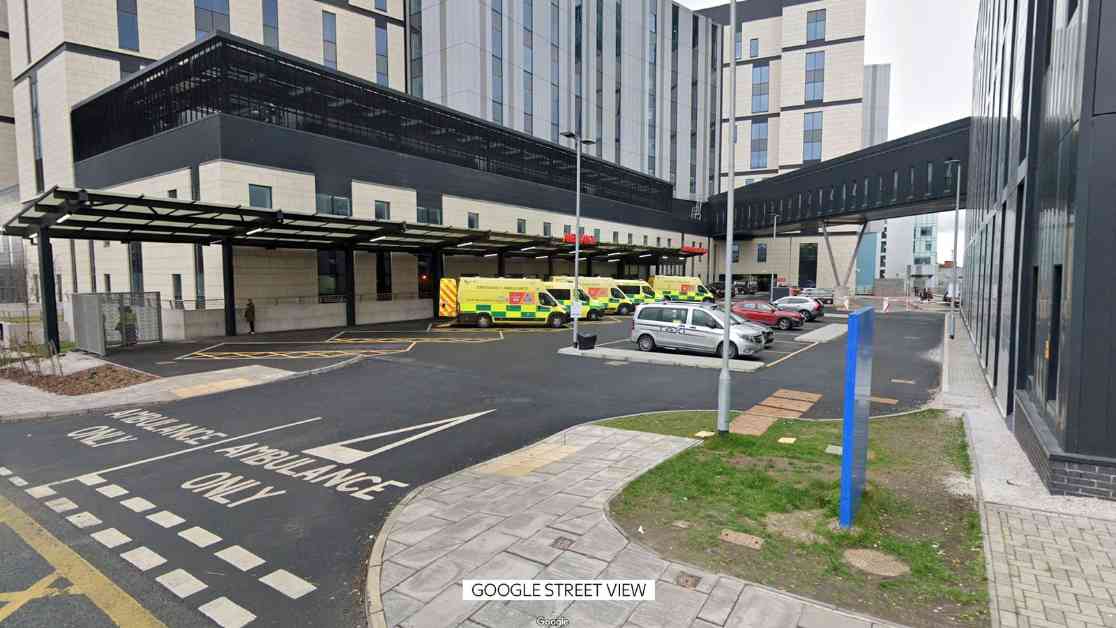The Royal Liverpool University Hospital has declared a critical incident due to soaring demand at its A&E department and an influx of patients with flu and respiratory illnesses. This decision came as the hospital faced an unprecedented number of people seeking urgent medical attention, pushing the facility to its limits.
The hospital spokesperson emphasized the need for a comprehensive plan to manage the overwhelming circumstances effectively. They assured the public that all necessary actions were being taken to address the challenges at hand. Despite the hospital’s best efforts, delays were expected as priority was given to the most critically ill patients, urging those with non-emergency cases to seek alternative medical advice.
Hospital Under Pressure
The Royal Liverpool University Hospital, located in the heart of the city, serves as a vital healthcare facility for the region. The recent critical incident declaration highlighted the extreme conditions faced by healthcare workers in the wake of rising flu cases and emergency admissions.
Managing the Crisis
Declaring a critical incident allows hospitals to implement additional measures to safeguard patient care, including prioritizing the most severe cases and seeking support from external organizations. This temporary state of emergency is crucial for hospitals to function efficiently under extraordinary circumstances and ensure the well-being of all patients.
Nationwide Concerns
The situation in Liverpool is not unique, as other healthcare institutions across the country are also grappling with increased hospitalizations due to flu and other illnesses. The NHS Cornwall and Isles of Scilly Integrated Care Board recently declared a similar critical incident, emphasizing the need for public cooperation to alleviate the strain on healthcare services.
As winter approaches, concerns about the “quad-demic” – a convergence of flu, norovirus, COVID-19, and RSV – have heightened. Vaccination remains a crucial tool in combating these illnesses, with the NHS offering immunizations against three of the four viruses to protect vulnerable populations.
In these challenging times, it is more important than ever for the community to come together and support healthcare workers in their efforts to provide quality care to those in need. Let’s all do our part to ease the burden on our healthcare system and protect the most vulnerable among us.













